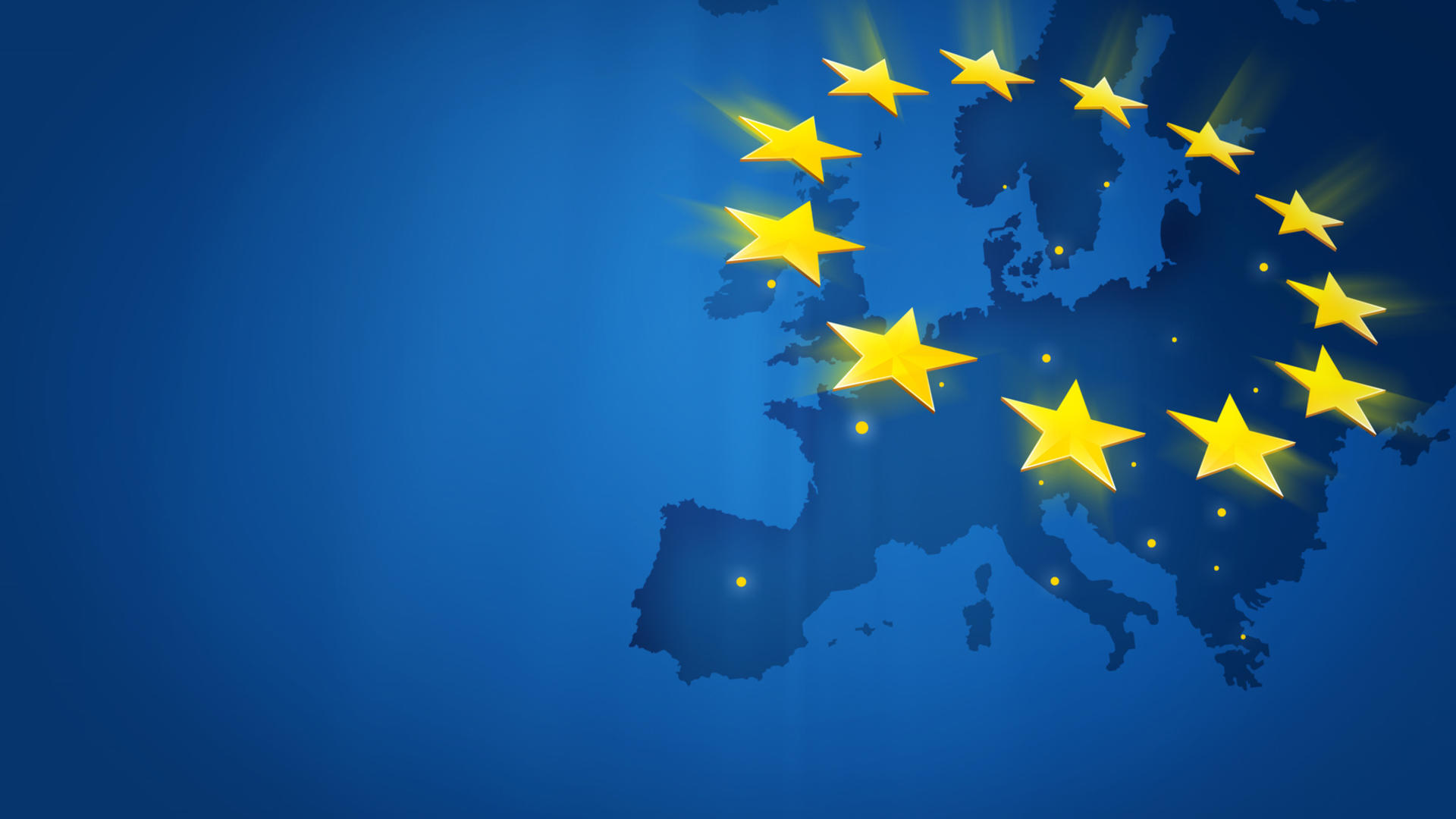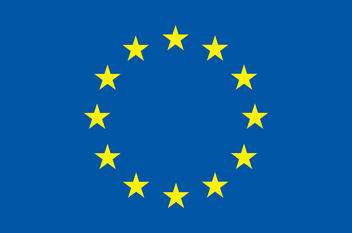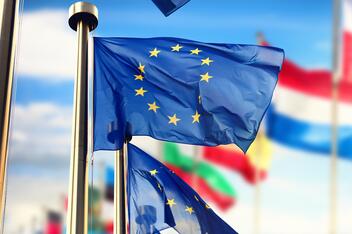Erasmus+ is the European programme for education, training, youth and sport. It supports academic mobility, partnership development and capacity consolidation among higher education and research institutions. Campus France participates in the programme and promotes it through special activities and its Espaces Campus France abroad.
Since it was founded in 1987, several million people have benefitted from the Erasmus+ programme, whose flagship action is mobility in higher education. Over the years, the programme has been extended to different partner countries outside the European Union. In total, almost 200 countries can participate in Erasmus+ activities. With a budget of over 26 billion euros for the period 2021-2027, it fully aligns with the European Union’s strategic goals, advancing the following priorities:
- Inclusion and diversity
- Digital transformation
- Environment and the fight against climate change
- Participation in democratic life, common values and civic engagement

Individual mobility
Erasmus+’s first key action is supporting learner and staff mobility. In higher education, this allows students, apprentices and interns, as well as educators, trainers and staff at institutions to spend time in another country during their studies, training or professional careers. This enables participants going to another country to improve their foreign language skills and also allows for virtual exchanges in higher education.
Cooperation between organisations and institutions
The second key action aims to facilitate cooperation between stakeholders (higher education institutions, professional training bodies, businesses, local communities, etc.), to support innovative practices and consolidate cooperation with partner countries. Key action 2 includes:
Projects supporting cooperation
- Cooperation partnerships
- Simplified partnership projects
Excellence partnerships
- European Universities
- Professional Centres of Excellence
- Erasmus+ Teacher Academies
- The Erasmus Mundus programme
Explore the Erasmus Mundus Joint Masters Catalogue.
Delivered by various higher education institutions, the Erasmus Mundus Joint Masters is characterised by its academic excellence.
Partnerships promoting innovation
- Alliances for Innovation
- Prospective projects
Projects consolidating capacity with partner countries
Supporting policy creation and collaboration
The third Erasmus+ key action supports initiatives undertaken by European Member states to promote the European strategic programme for education, training, youth and sport, with sector programmes for higher education, vocational education and training, educational institutions and adult education. This action also supports initiatives that analyse and create policies in areas covered by Erasmus+ on a national and European scale, plus initiatives that facilitate transparency, skills and certification recognition, and credit transfers. Strategic dialogue with relevant institutions and organisations is also a goal of key action 3, with one aim being to promote Europe as a destination of excellence for studying and research.
The Jean Monnet actions and cooperation in youth and sport complete the Erasmus+ programme
The European Commission sets the priorities and goals for the Erasmus+ programme. The European Education and Culture Executive Agency (EACEA) manages the programme at the European level, while the Erasmus+ France Education Formation agency coordinates it in France.
Related contents
- Erasmus+ France Education Formation Agencyhttps://agence.erasmusplus.fr/
- The Erasmus+ programmehttps://erasmus-plus.ec.europa.eu/fr
- The Jean Monnet initiativehttps://eacea.ec.europa.eu/erasmus-plus/actions/jean-monnet_fr
- Erasmus Mundus Joint Masters Cataloguehttps://www.eacea.ec.europa.eu/scholarships/erasmus-mundus-catalogue_en
Recommended items





















































